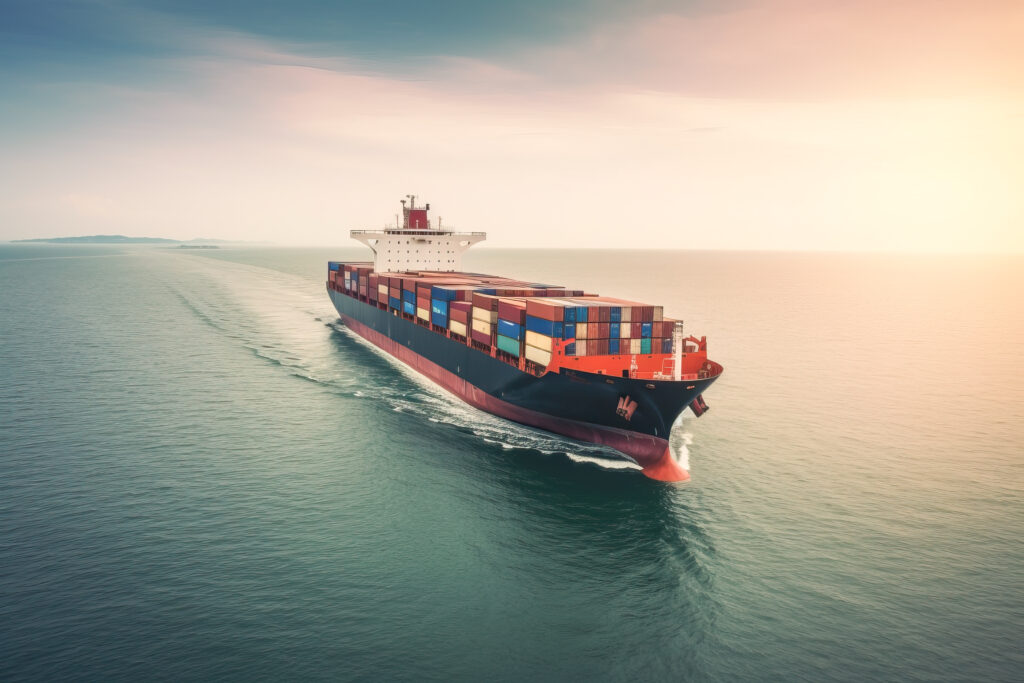Costas Paris of The Wall Street Journal reports that container ship operators have asked captains passing through the Bab el-Mandeb Strait to pause their journey until further notice. He writes:
Shipping and logistics majors A.P. Moller-Maersk and Hapag-Lloyd have stopped their ships from entering the southern entrance of the Red Sea on Friday after attacks on their vessels.
Maersk said its decision comes after a near-miss incident involving its Maersk Gibraltar ship on Thursday and another attack on a container vessel on Friday. The company instructed all Maersk vessels in the area bound to pass through the Bab el-Mandeb Strait to pause their journey until further notice.
“We are deeply concerned about the highly escalated security situation in the southern Red Sea and Gulf of Aden,” Maersk said in a statement. “The recent attacks on commercial vessels in the area are alarming and pose a significant threat to the safety and security of seafarers.”
Hapag-Lloyd spokesman Nils Haupt said Friday some of the company’s ships were asked to pause and drift outside the strait, a narrow stretch of water that links the Indian Ocean to the Red Sea. It’s also a key passage that enables ships to travel to Egypt’s Suez Canal.
Hapag’s Al Jasrah vessel was hit by an unknown object on Friday traveling through the strait, resulting in a fire that was later contained, Haupt said.
“It’s very worrisome because ships heading to the Suez have to pass through the strait,” Haupt said. “We are stopping some ships, but there is no general rule yet, though this could change.”[…]
The U.S. has called on its allies to put together a multinational naval force in the Red Sea to protect commercial vessels. The International Chamber of Shipping called on nations with influence in the region to stop the Houthis from attacking sailors and ships.
“Some companies have already rerouted around the Cape of Good Hope to avoid Houthi aggression, which adds cost and delay to global trade,” the trade group said in a statement. “The Red Sea is a crucial waterway, linking Europe and Asia. Currently, 12% of global trade passes through the Red Sea.”
Read more here.

